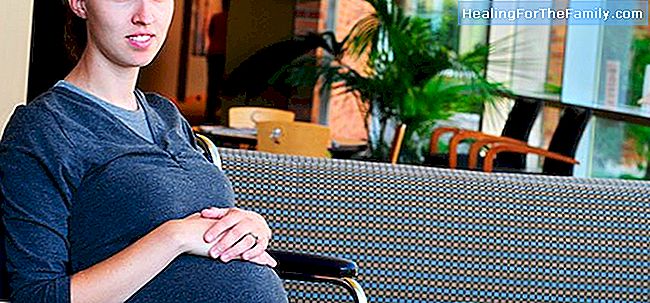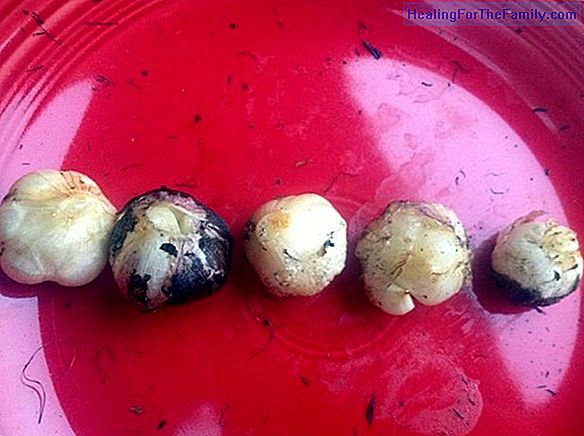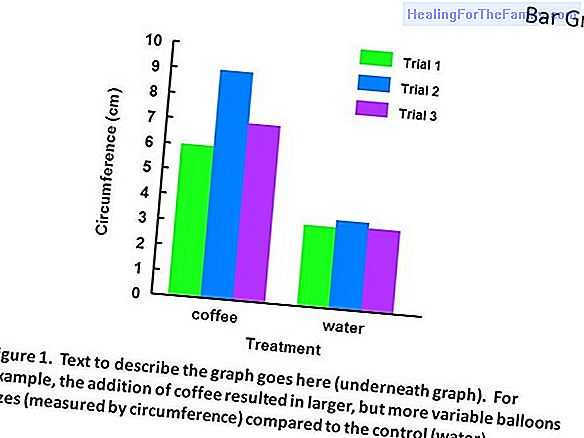Rare diseases in pregnancy
A rare disease, as its name suggests, is a pathology that affects a very limited number of the population (it is estimated that 1 in 2000 people). They usually affect people from birth (although it can occur at any stage of life), and due to their low frequency, the causes, evolution or treatment ar
A rare disease, as its name suggests, is a pathology that affects a very limited number of the population (it is estimated that 1 in 2000 people). They usually affect people from birth (although it can occur at any stage of life), and due to their low frequency, the causes, evolution or treatment are often not known. Can a woman with a rare disease successfully achieve a pregnancy? What risk is there of transmitting to your child your same illness?
Rare diseases in pregnancy

80% of rare diseases have a genetic component. These diseases can be inherited or due to a chromosomal anomaly (for example, loss or gain of genetic material).
Some of these rare diseases can also be caused by exposure to teratogenic substances (chemicals, toxic substances, radiation, ...) during pregnancy or due to environmental factors.
It is estimated that 6 to 8% of the world population is affected, more or less. In Spain there are more than 3 million affected with some type of rare disease.
Many of those affected may not be able to lead a normal life, but what happens when a woman with a rare disease stays or wishes to become pregnant?
Get pregnant and have a rare disease
Each woman is different, and each pregnancy is unique. However, due to the peculiarities of women with rare diseases, their pregnancies can be considered risky (everything depends on the disease, we remember that there is a wide range). With what it is likely that the controls to which the woman is subjected are more exhaustive than that of low-risk pregnancies, with more frequent visits to the gynecologist and to the different specialists who carry the pathology of the mother.
And the delivery may have to be scheduled at a certain date, in order to control the symptoms, and have everything that is required so that mom and baby are safe.
It is very common for women with rare diseases to take medication to control the symptoms, or to decrease the discomfort. Most of the time, these drugs are teratogenic (cause malformations) and the mother must suspend its intake during pregnancy, or at least for a few months. For the same reason, mothers who need certain medications to be better and are not compatible with breastfeeding, once the baby is born should opt for artificial feeding.
Some rare diseases that affect pregnancy
Approximately 50% of rare diseases have neurological symptoms. More than half of these rare diseases affect the child population. Most of them are quite serious and disabling (in 65% of those affected), degenerative, chronic or directly fatal (in 50% of cases).
The 5 most common rare diseases are: persistent ductus arteriosus, systemic lupus erythematosus, Noonan syndrome, obesity due to melanocortin receptor deficiency, bilateral congenital absence of the vas deferens.
Some rare diseases make it impossible for a woman to become pregnant, either due to sterility or due to repeated abortions. However, pregnancy is not impossible, and taken with rigorous controls it is most likely that the pregnancy will come to an end as normal.
To know more you can go to FEDER (Spanish federation of rare diseases).












